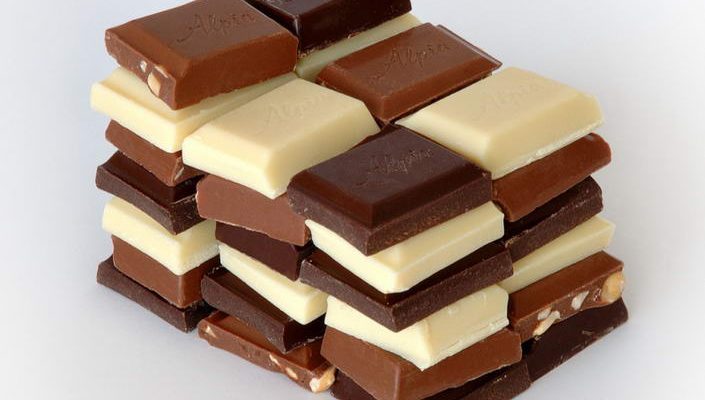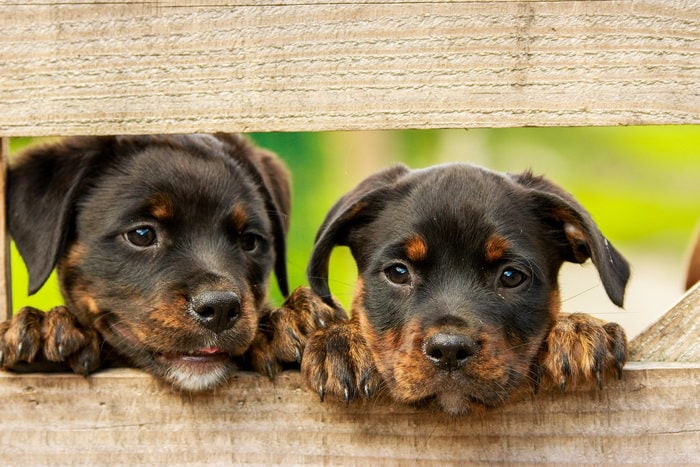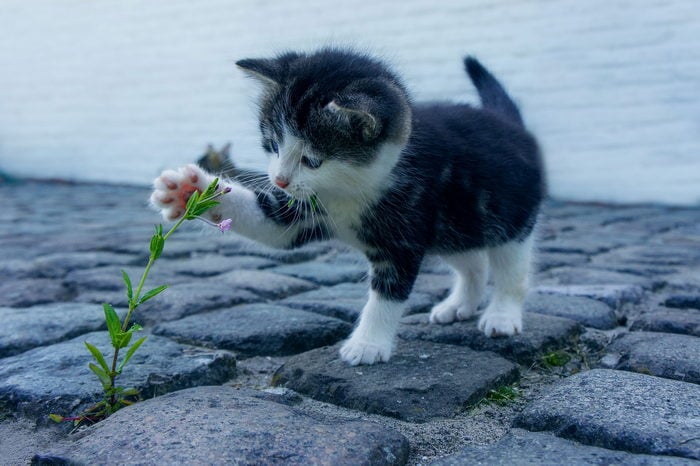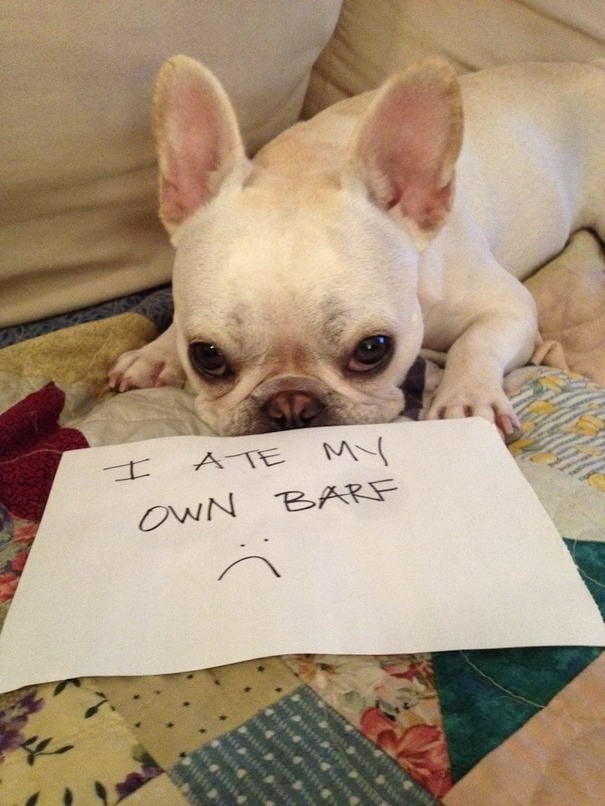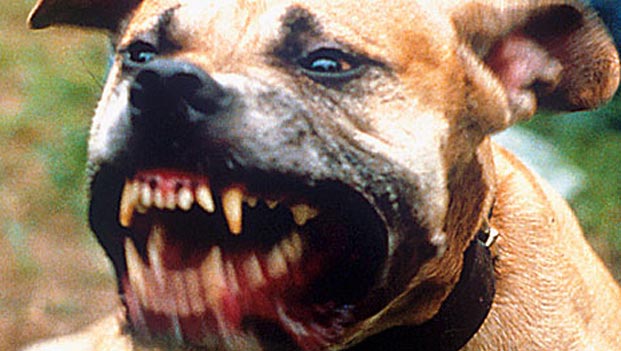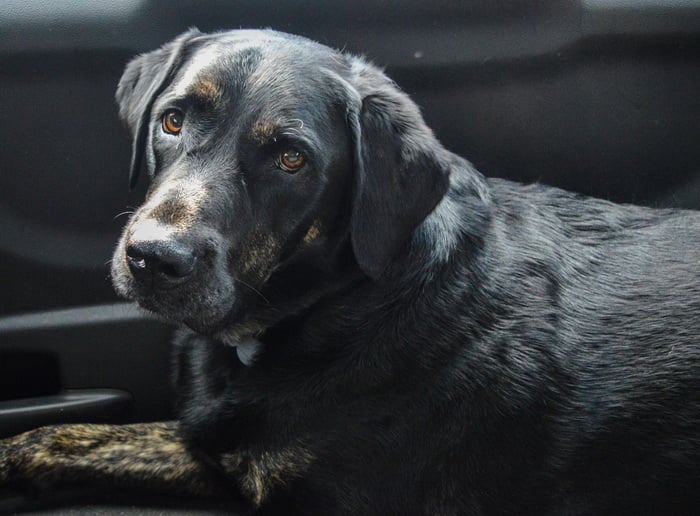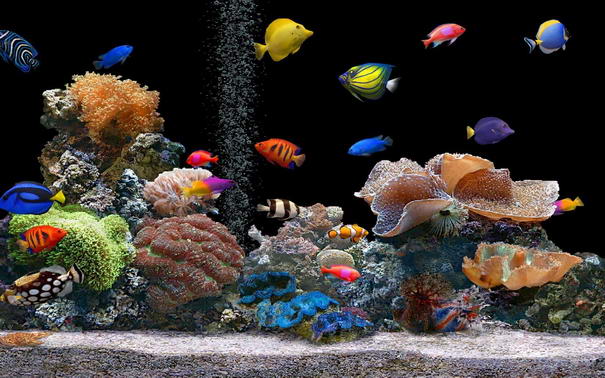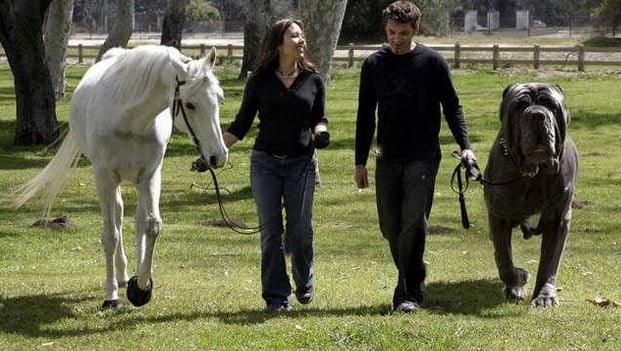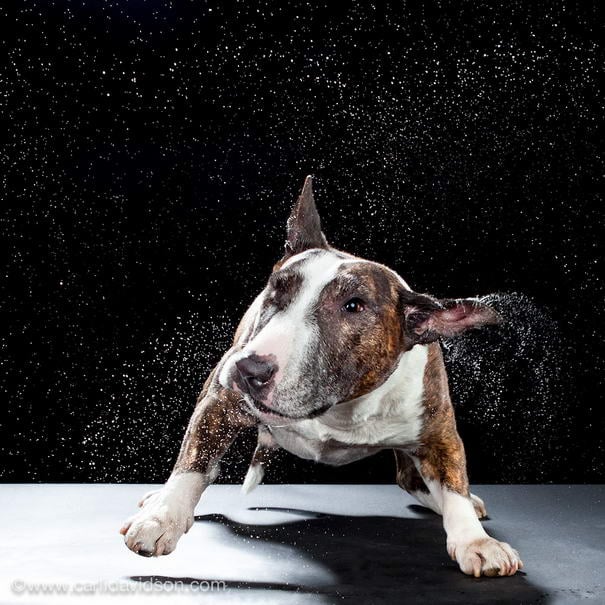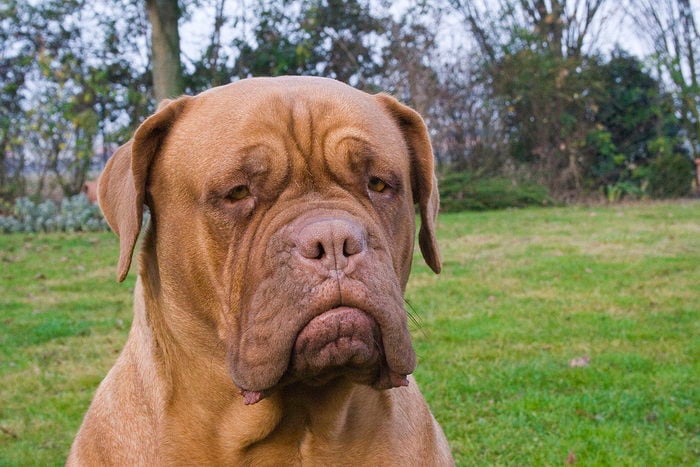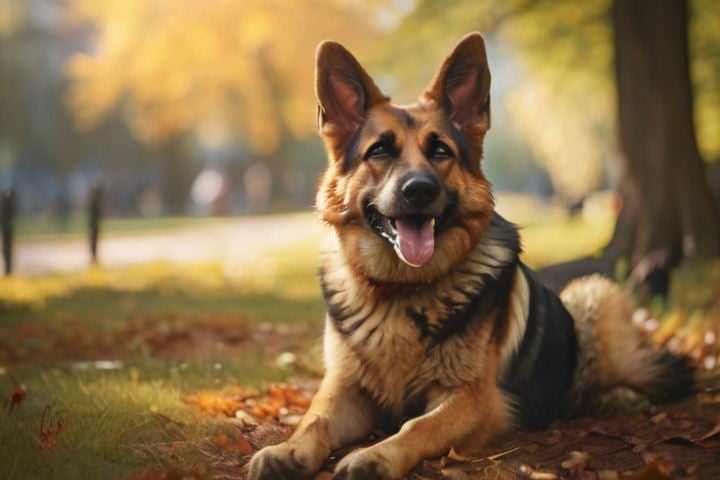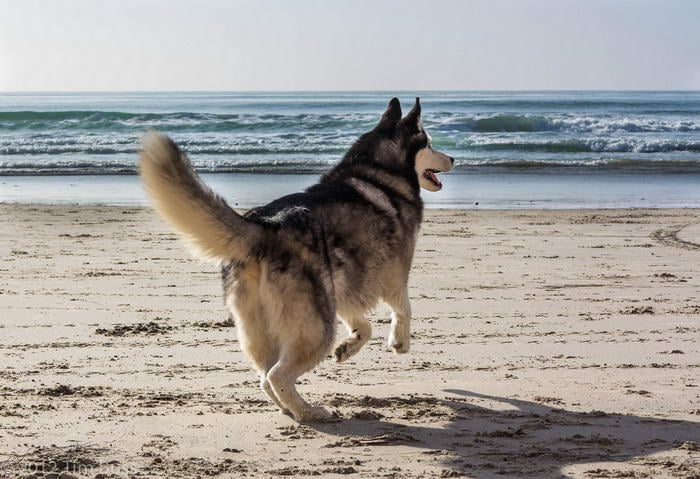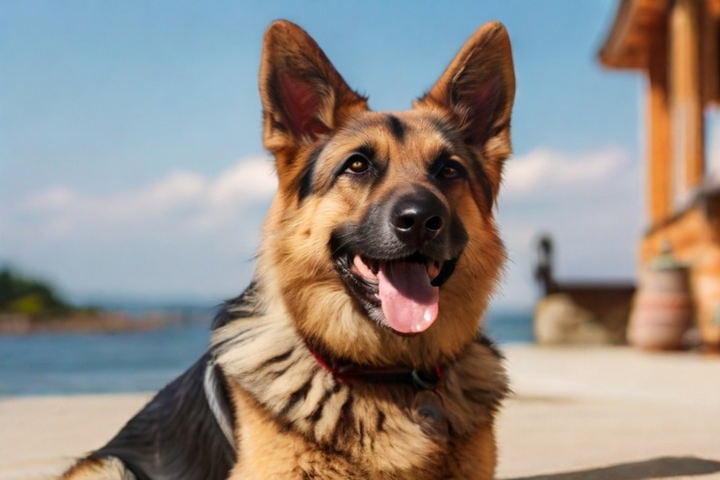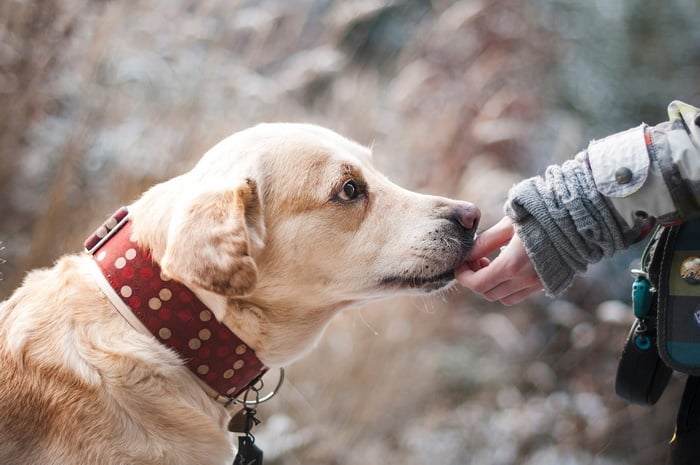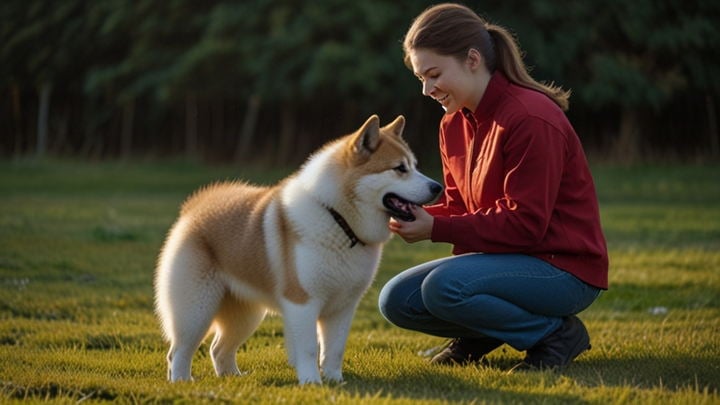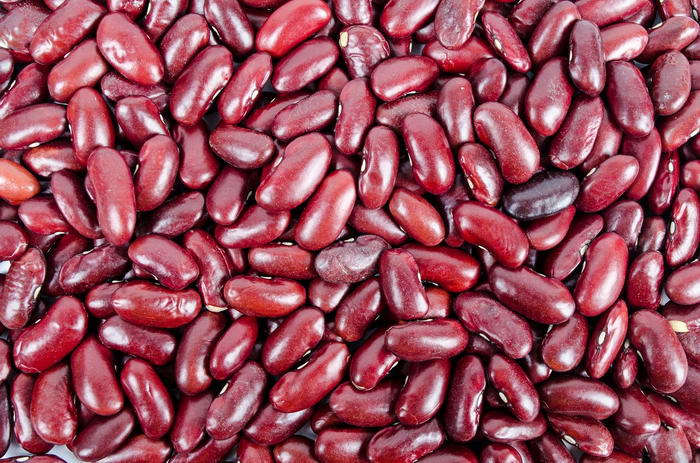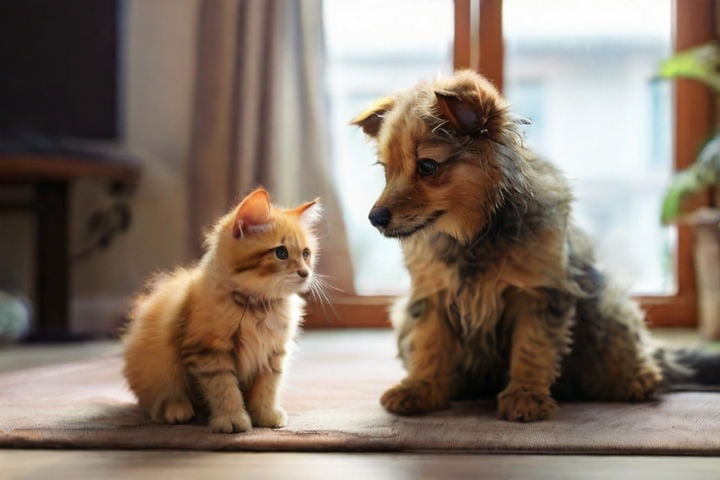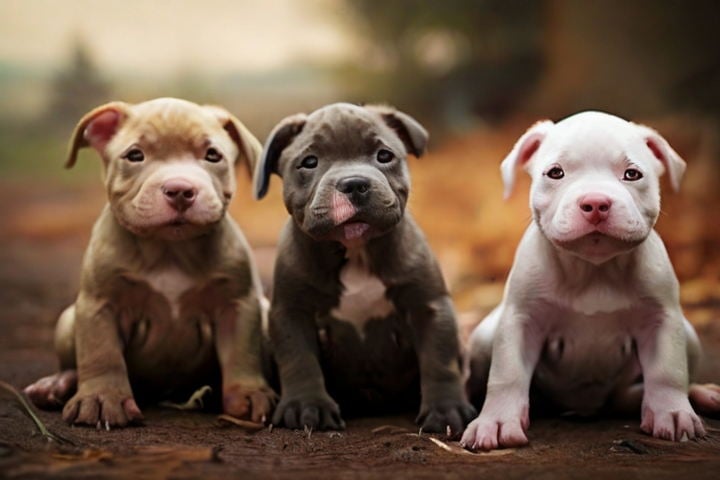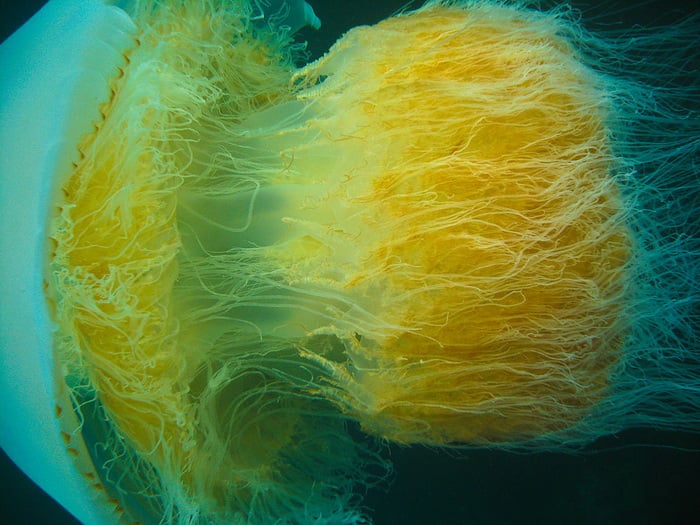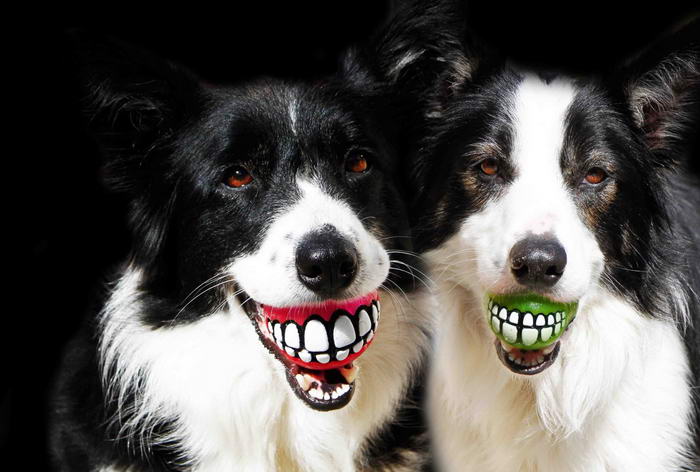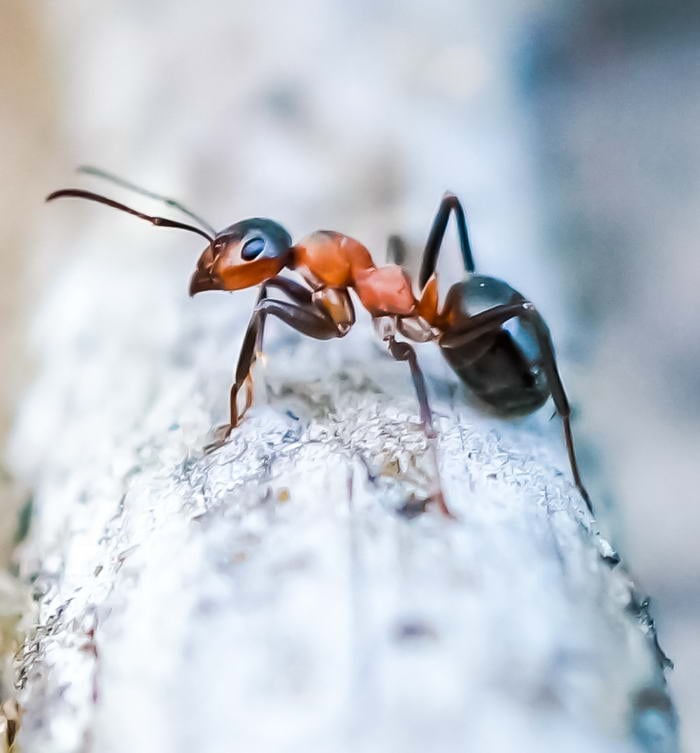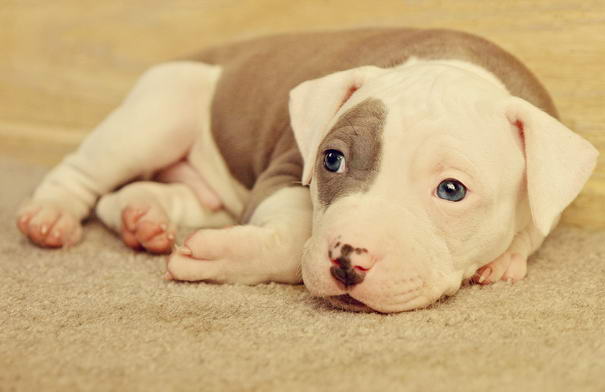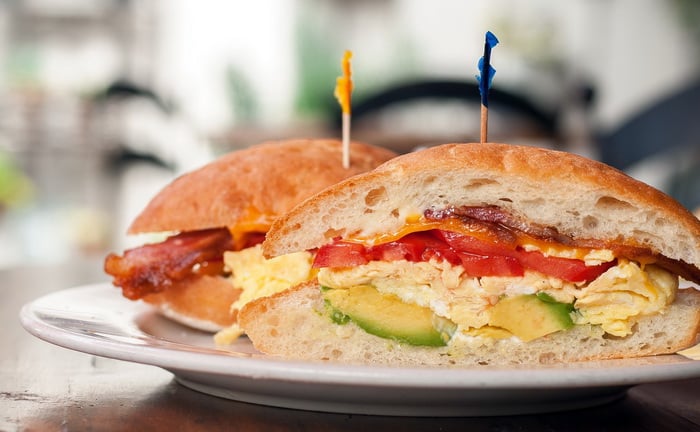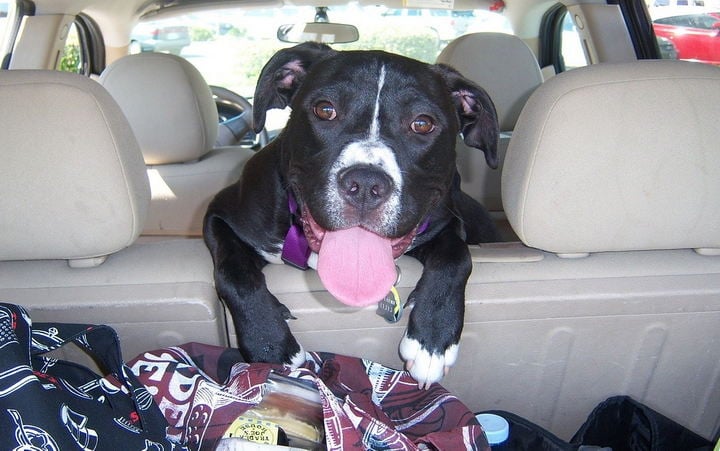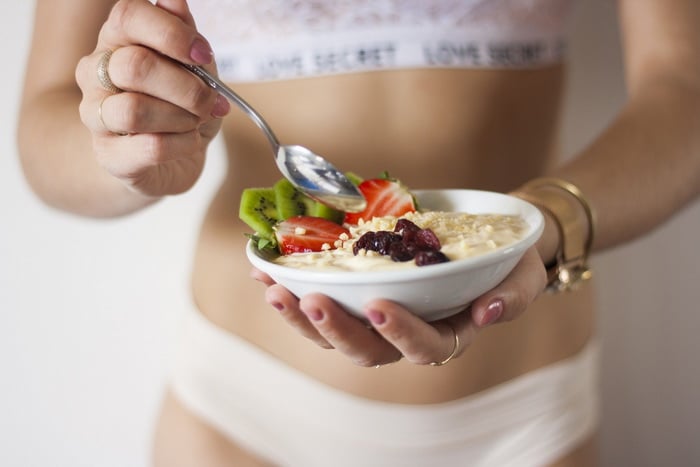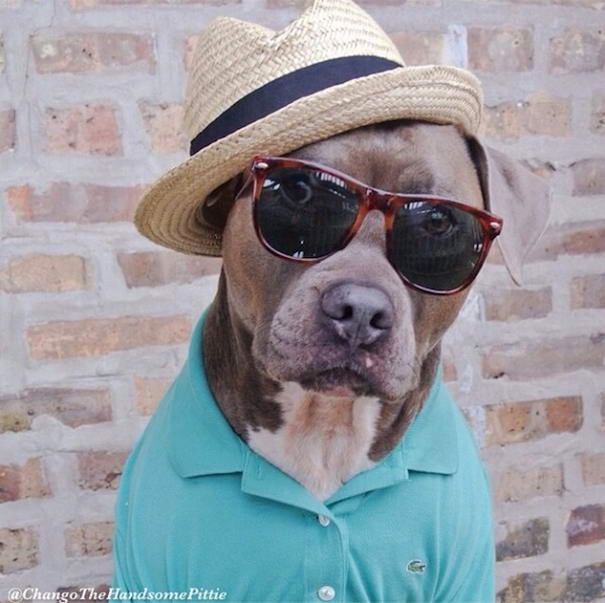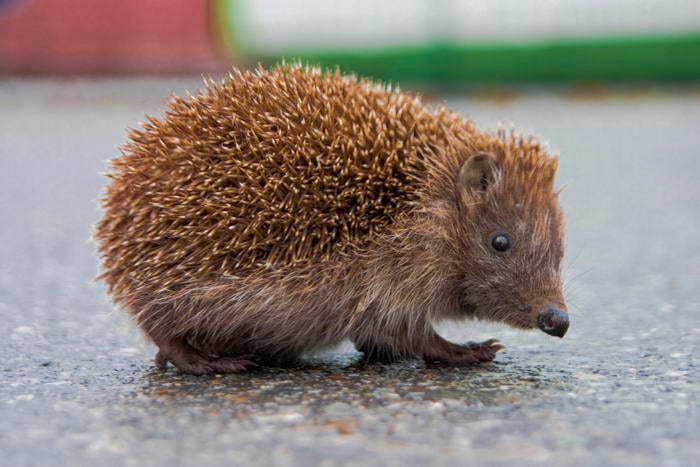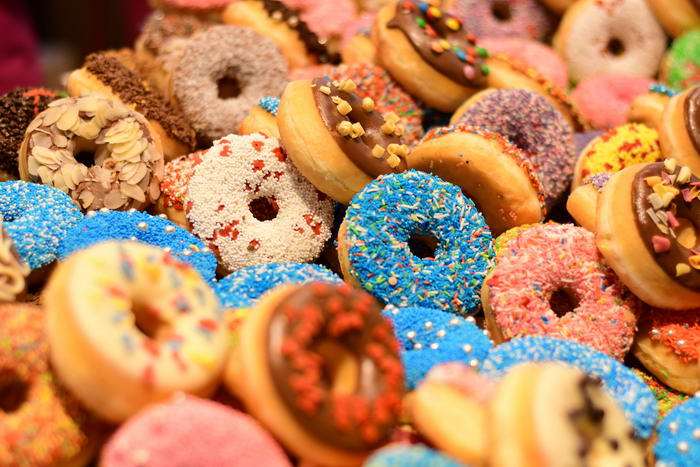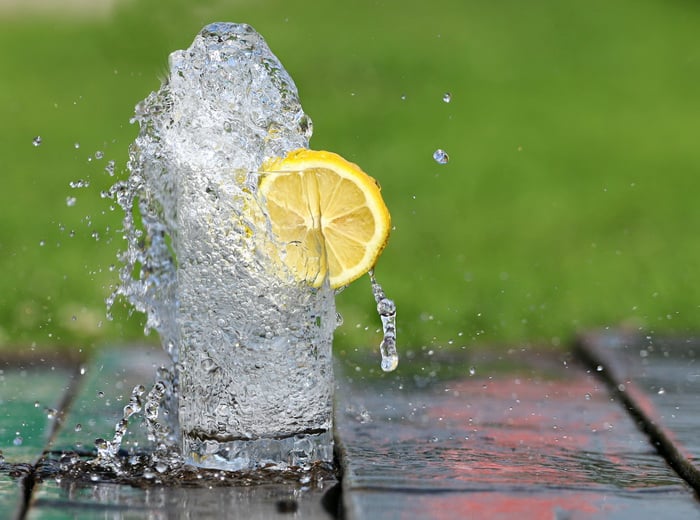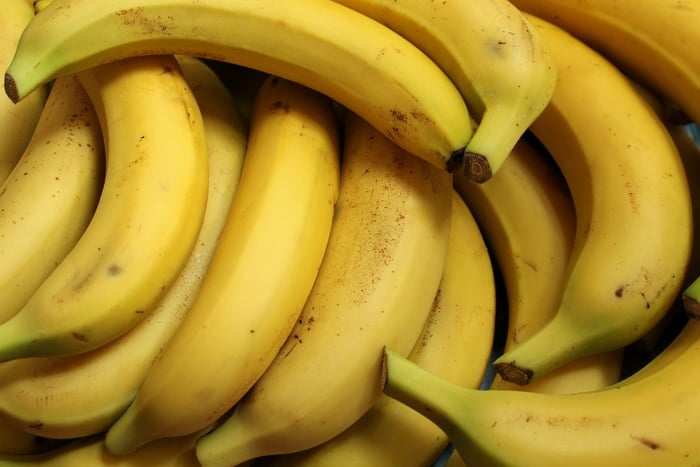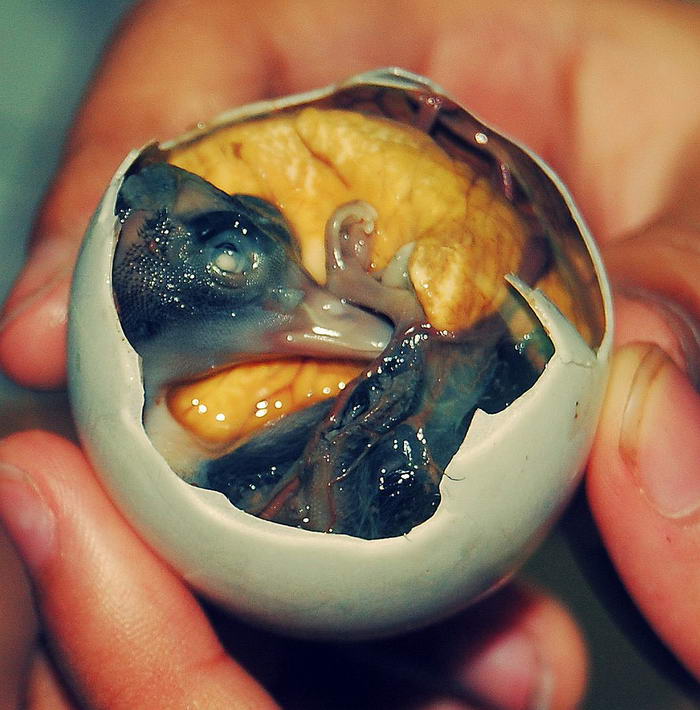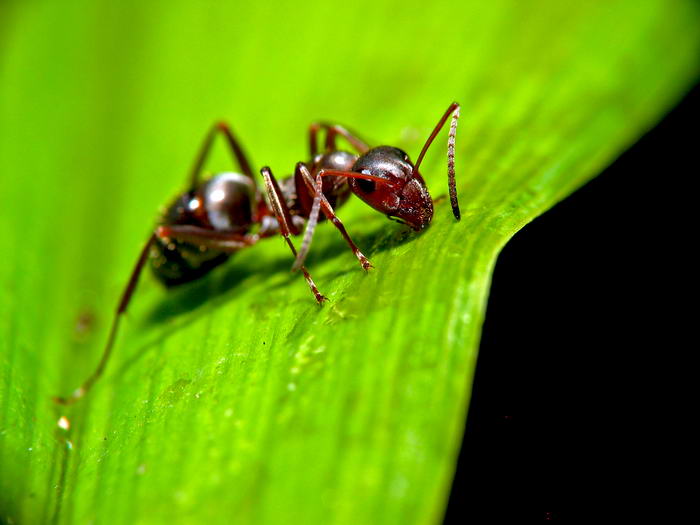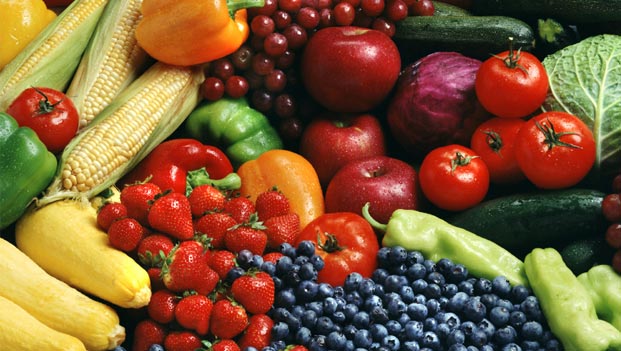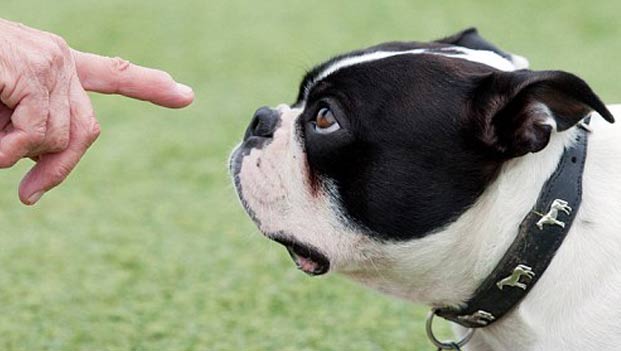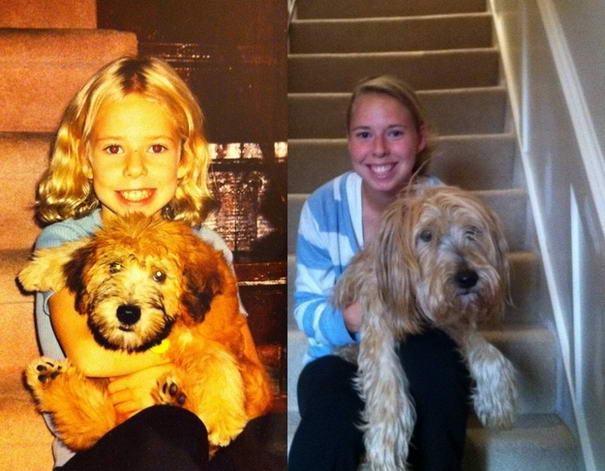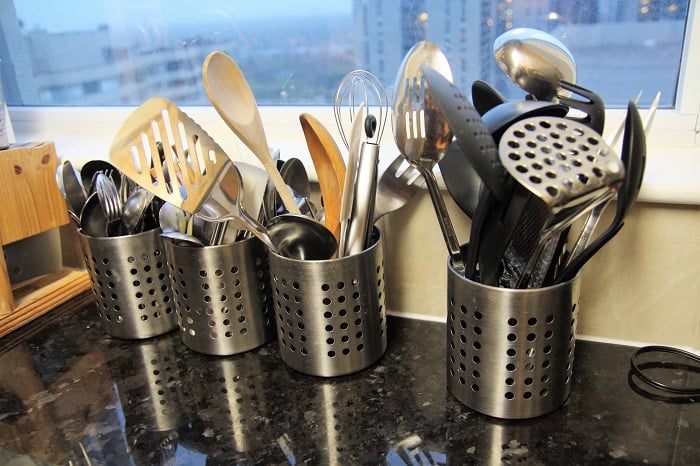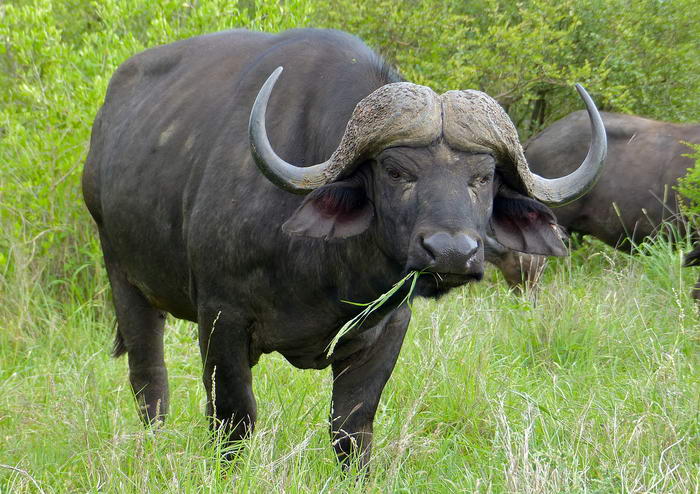As loving dog owners, it’s natural for us to want to share our favorite treats and meals with our four-legged friends. However, it’s crucial to remember that not all human foods are safe for our pets. In fact, some everyday foods can be downright dangerous for dogs, causing severe health issues or even death. In this eye-opening exploration of the 10 most dangerous people foods for dogs, we’ll talk about the world of dog foods and uncover the truth about what we should and shouldn’t be sharing with our furry companions.
While there are many dog food brands and dry dog foods specifically designed to meet the nutritional needs of our pets, it’s essential to be vigilant and cautious about the human foods we offer them. From seemingly innocent fruits and vegetables to popular sweet treats, you might be surprised to learn which foods pose a significant risk to your pet’s health. So, let’s dive in and arm ourselves with the knowledge we need to keep our beloved dogs safe, happy, and healthy.
Check out 10 Most Dangerous People Foods for Dogs. It can be really helpful before a dog owner make an irreversible mistake.
10 – Avocado

This fruit may be very nutritious for us but avocados also contain a substance called persin which is highly toxic in most animals, including dogs too. Even one bite of avocado can cause tummy pains and upsets including vomiting and diarrhea.
09 – Grapes and Raisins

Although some of dogs have been eating grapes, the safe course is to avoid grapes and raisins completely. Because grapes and raisins can cause acute kidney failure in dogs.
08 – Coffee, Tea, and Other Caffeine

Caffeine also contains stimulants like chocolate. It affects the central nervous system and the heart of dogs. Symptoms of caffeine poisoning can include vomiting, a racing heart and in severe cases, death.
07 – Macadamia Nuts
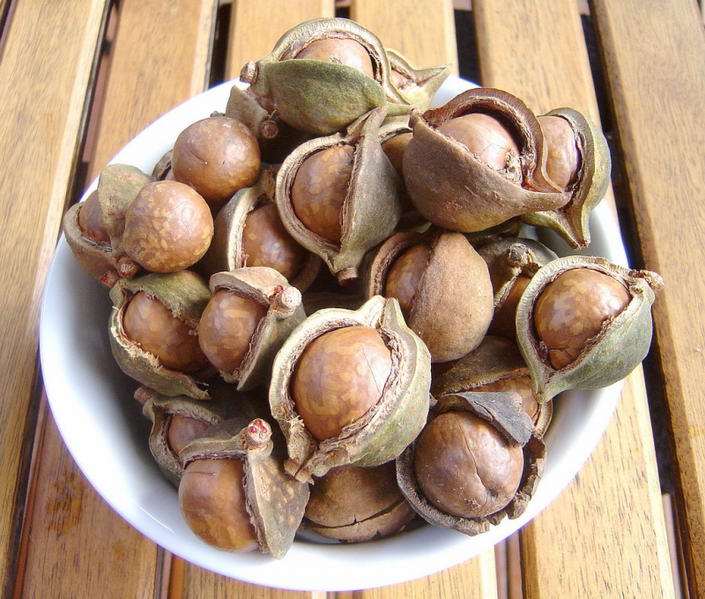
Macadamia nuts contain a toxin that can inhibit locomotory activities of your dog. Results include vomiting, weakness, depression, drunken gait, joint/muscle pain, and joint swelling.
06 – Milk and Other Dairy Products

Small amounts of cheese and yogurt may be fine for your dog, but you can expect excessive gas and diarrhea with too much dairy if you feed your dog with milk or ice cream. It has been reported that as many as 50% of dogs are lactose intolerant.
05 – Garlic and Onions

Garlic and Onions contain disulfides and sulfoxides, both of which can cause anemia and damage red blood cells. Unfortunately, the symptoms may not show up for three or four days after ingestion. Affected dogs may seem weak or reluctant to move, or they may appear to tire easily after mild exercise.
04 – Raw Meat and Fish
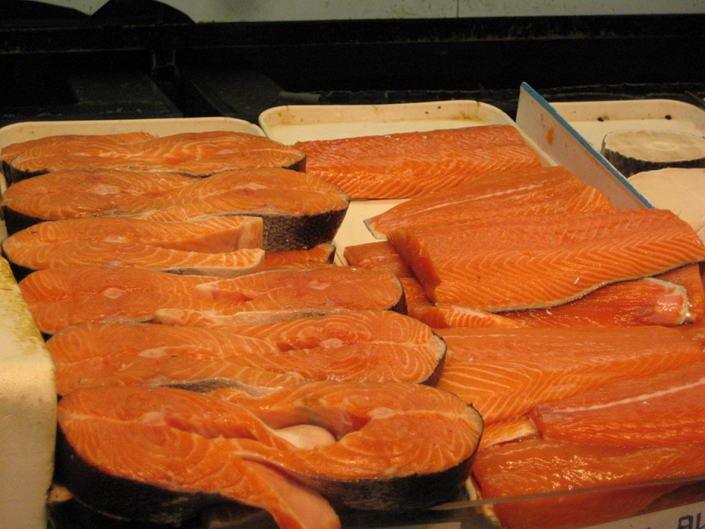
Raw meat and fish including raw eggs, can contain bacteria that causes food poisoning. In addition, certain kinds of fish such as salmon can contain a parasite that causes salmon poisoning disease. If not treated, the disease can be fatal within two weeks for your dog.
03 – Alcohol

Trust me, there is nothing funny about seeing your dog drunk. Alcohol is toxic to dogs. Results include vomiting, diarrhea, depression of the central nervous system, coordination problems, breathing issues and tremors, even a coma or dead.
02 – Xylitol
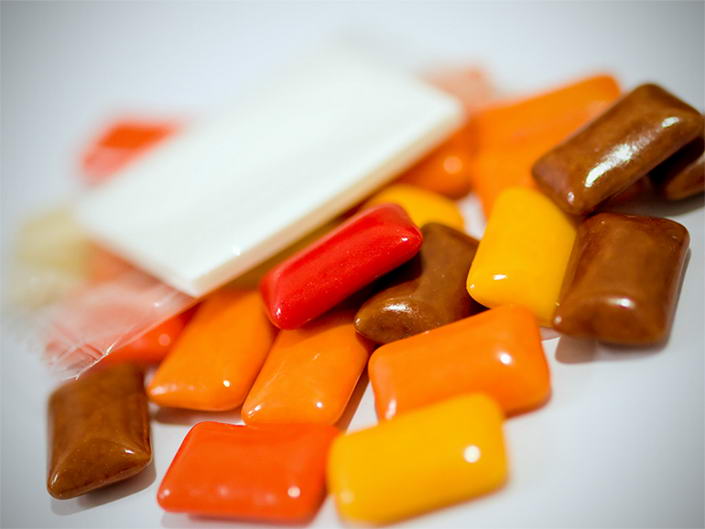
Xylitol is a sugar-free sweetener found in chewing gum and candy. Even when ingested in relatively small amounts, this sweetener can result in low blood sugar, seizures, liver failure and death.
01 – Chocolate

Chocolates for humans contains theobromine which can be lethal for dogs. The darker the chocolate contains the higher amounts of theobromine. Toxic doses vary according to the size of dog and cocoa solid content of the chocolate. Better contact your veterinarian immediately if you suspect your dog has eaten chocolate.
As responsible pet owners, it’s our duty to protect our dogs from these harmful foods and ensure that they have access to a balanced and nutritious diet. By sticking to high-quality dog food brands and pet food specifically formulated for dogs, we can rest assured knowing that our furry friends are getting the nutrition they need without putting their health at risk.
Remember, the next time you’re tempted to share a tasty morsel with your canine companion, consider whether it’s on the list of dangerous foods for dogs. If you’re ever unsure about a particular food item, always consult with your veterinarian before offering it to your pet. By staying informed and making conscious choices about the foods we share with our dogs, we can ensure they live long, healthy, and happy lives by our side.


